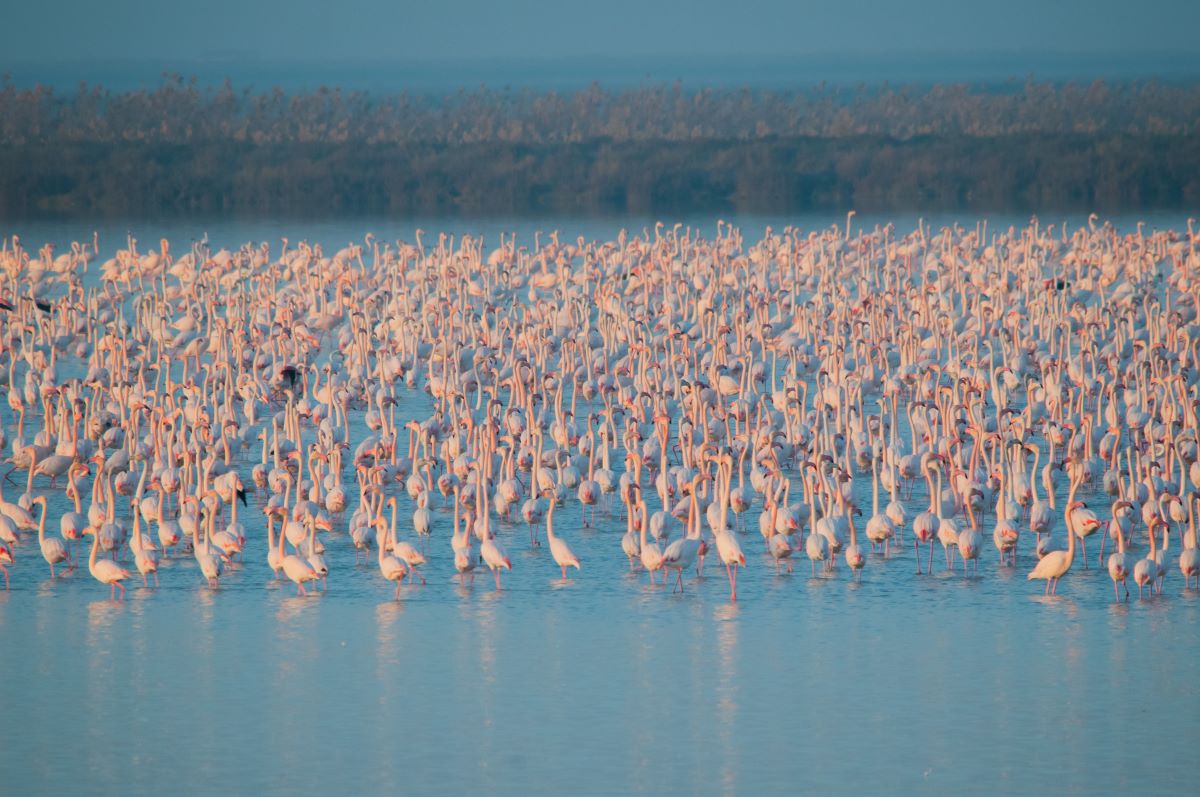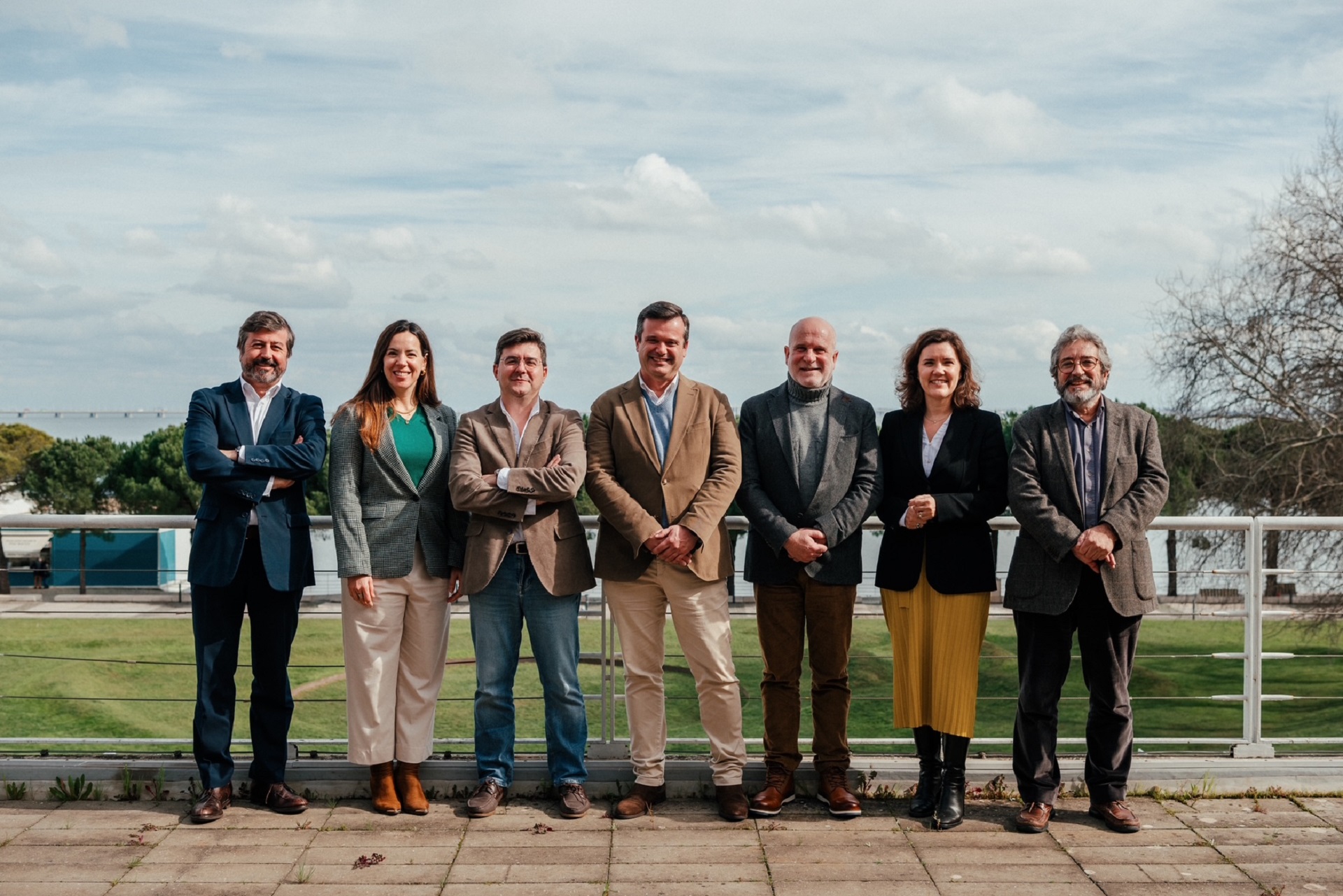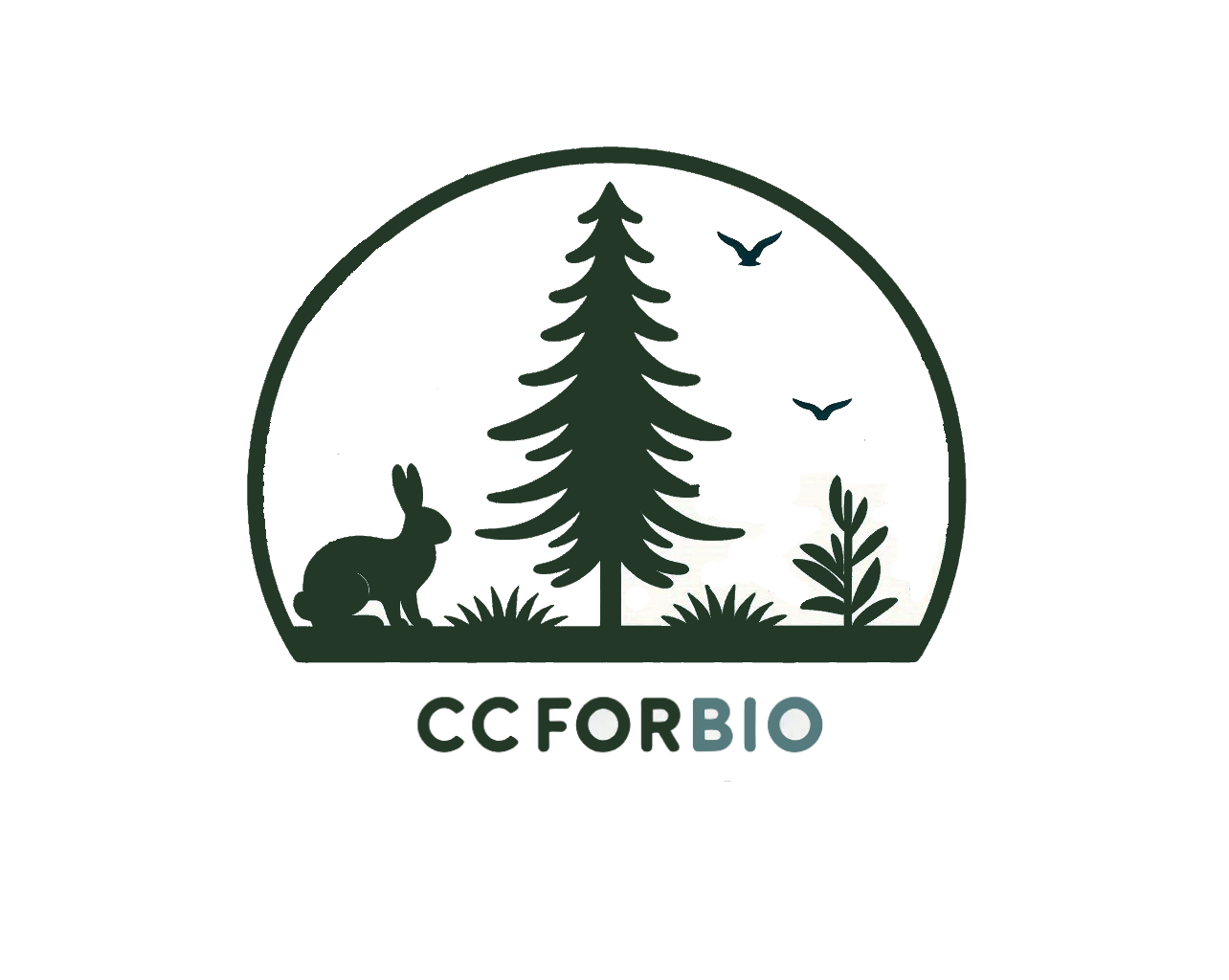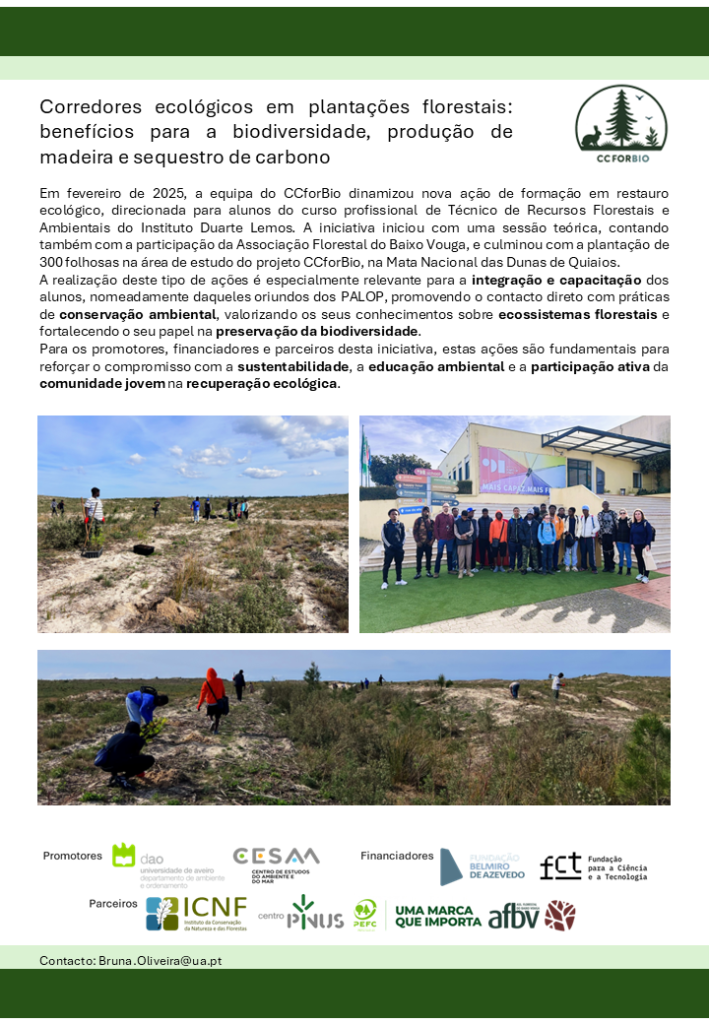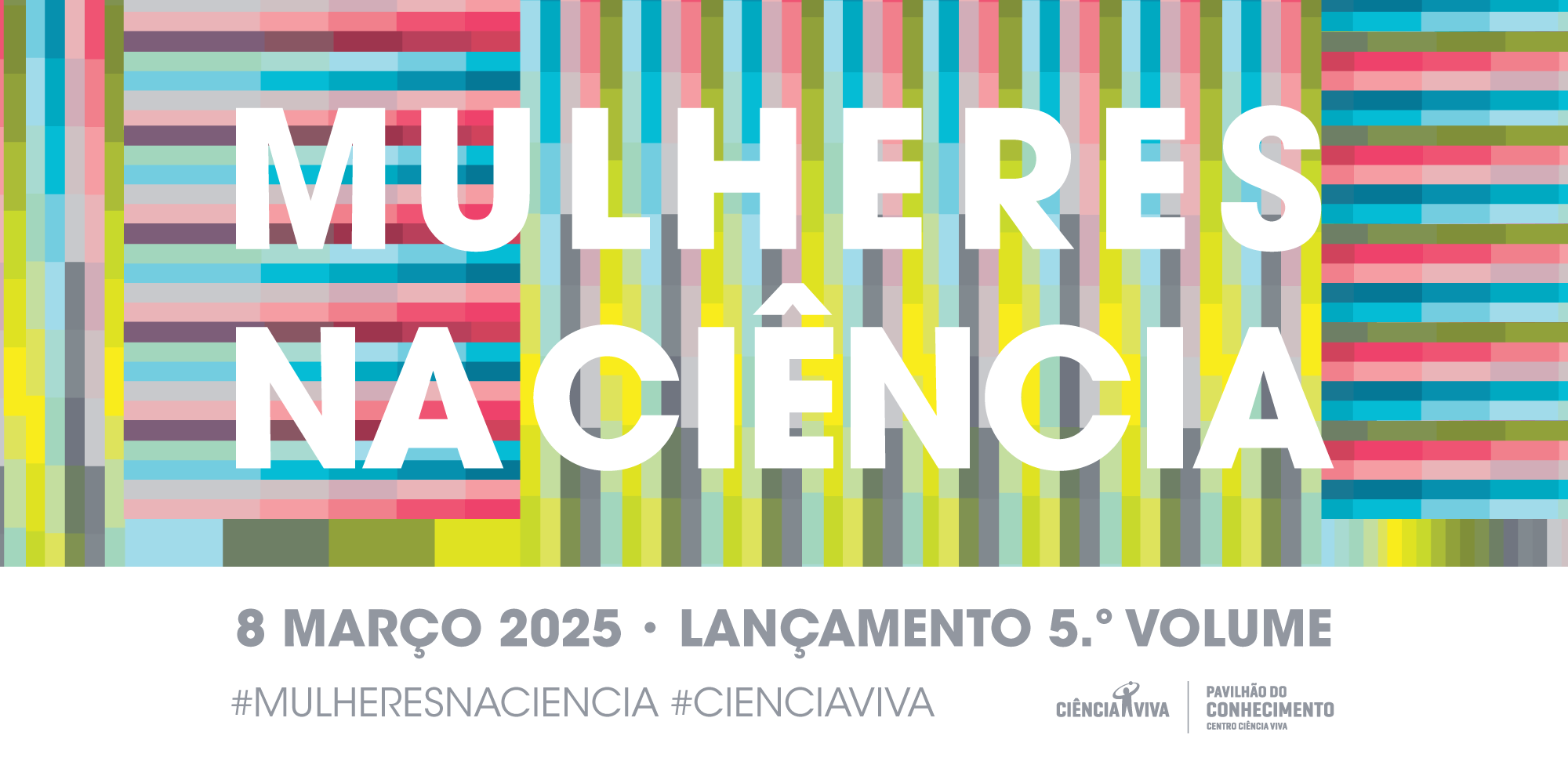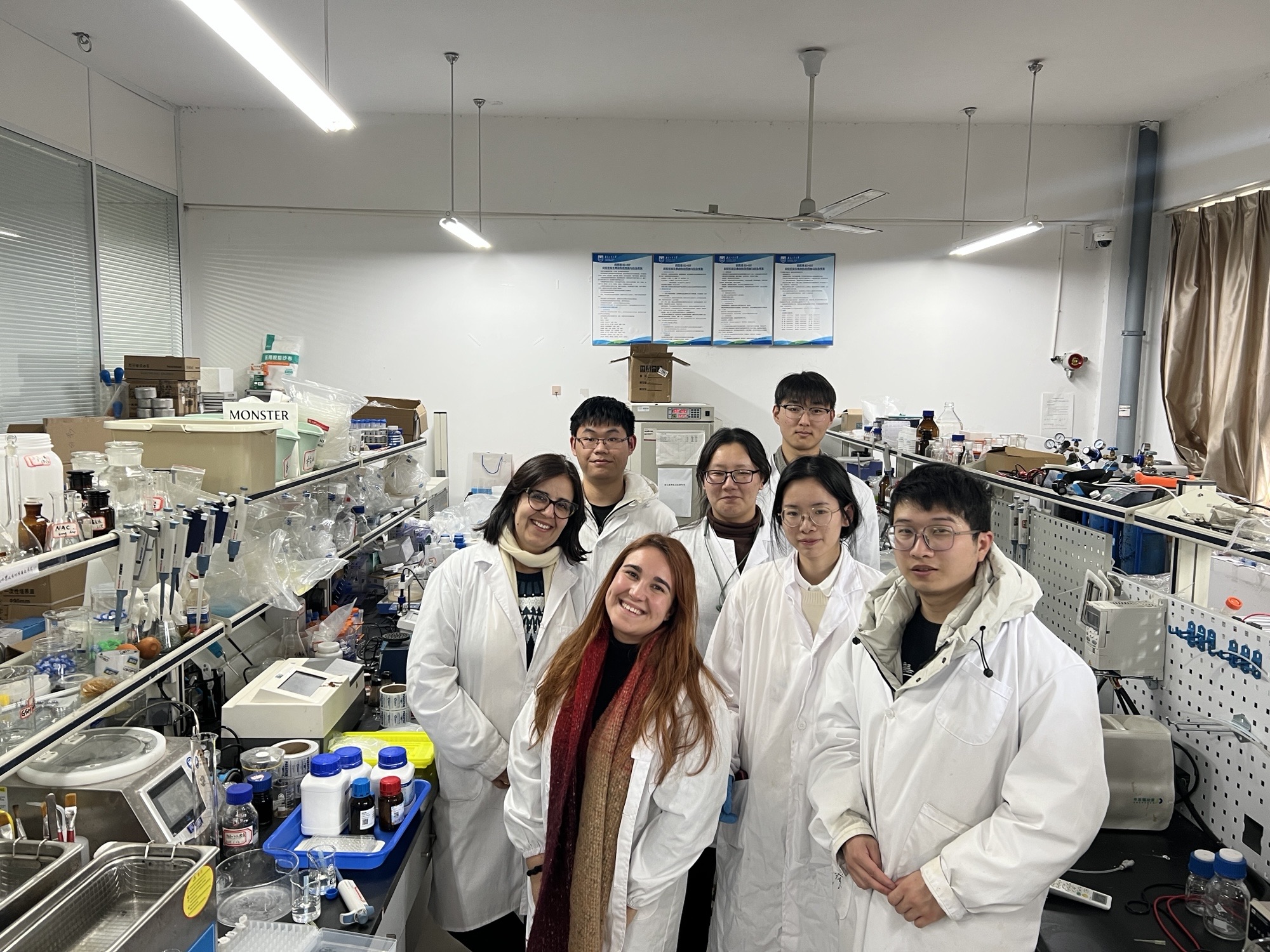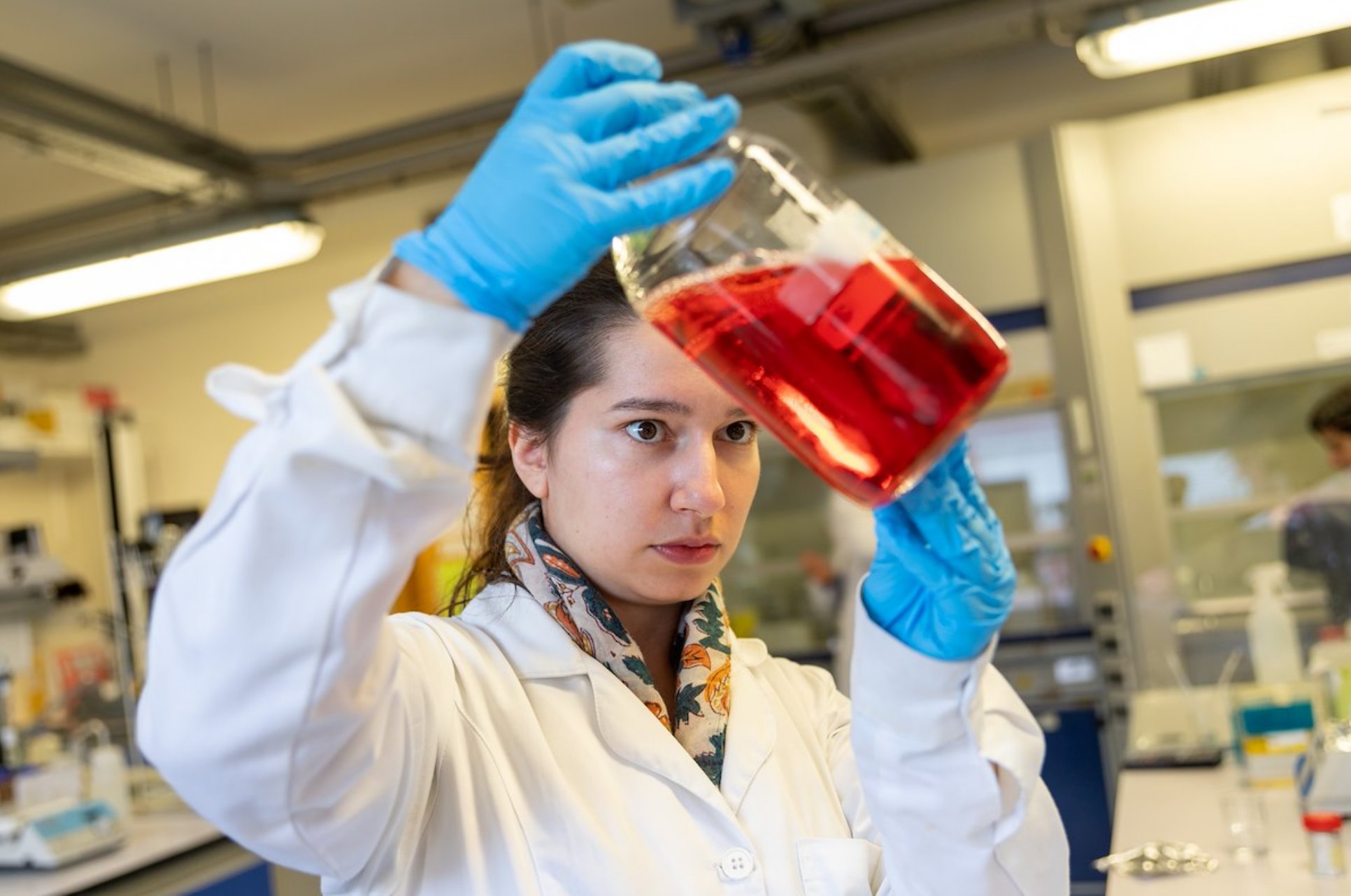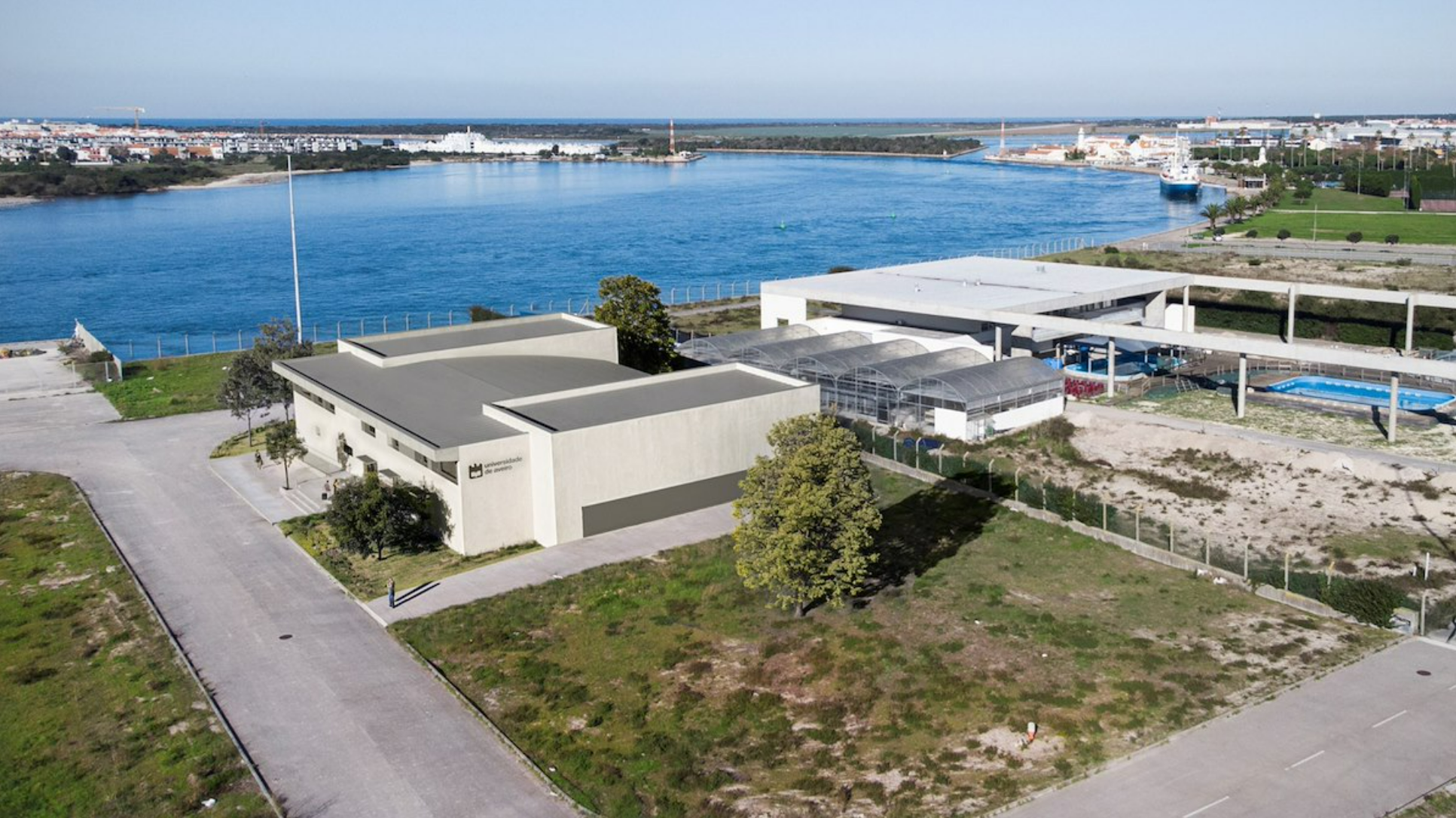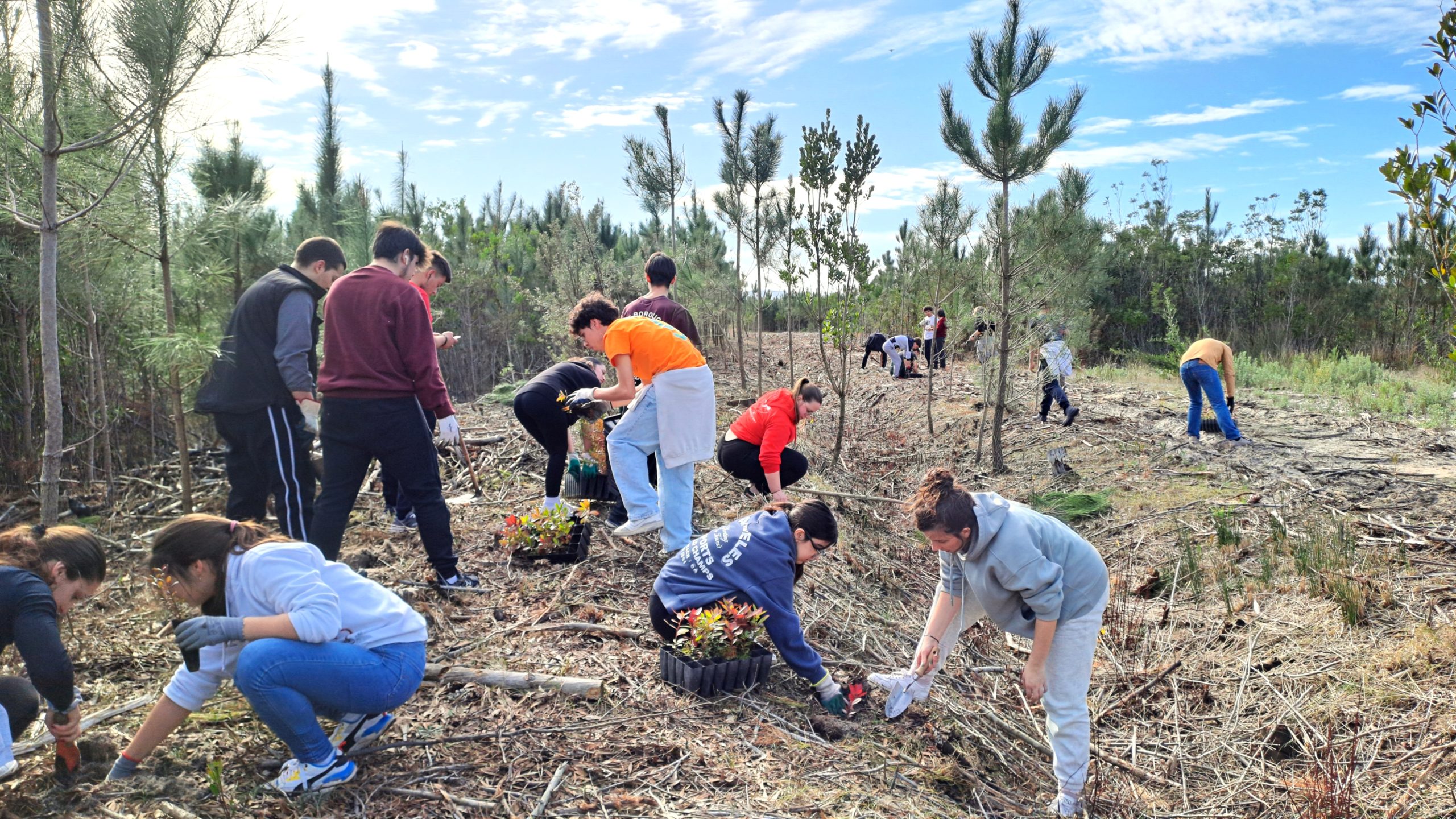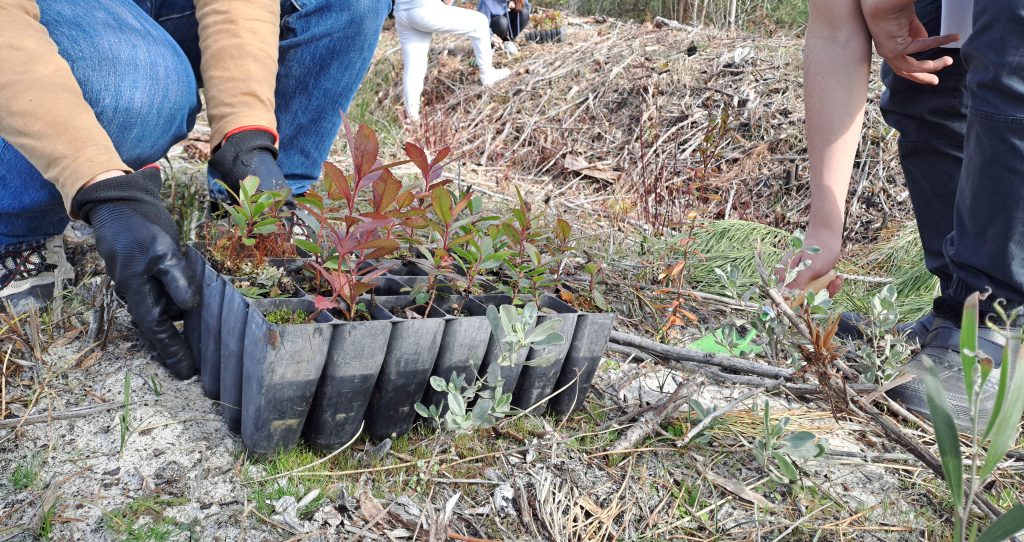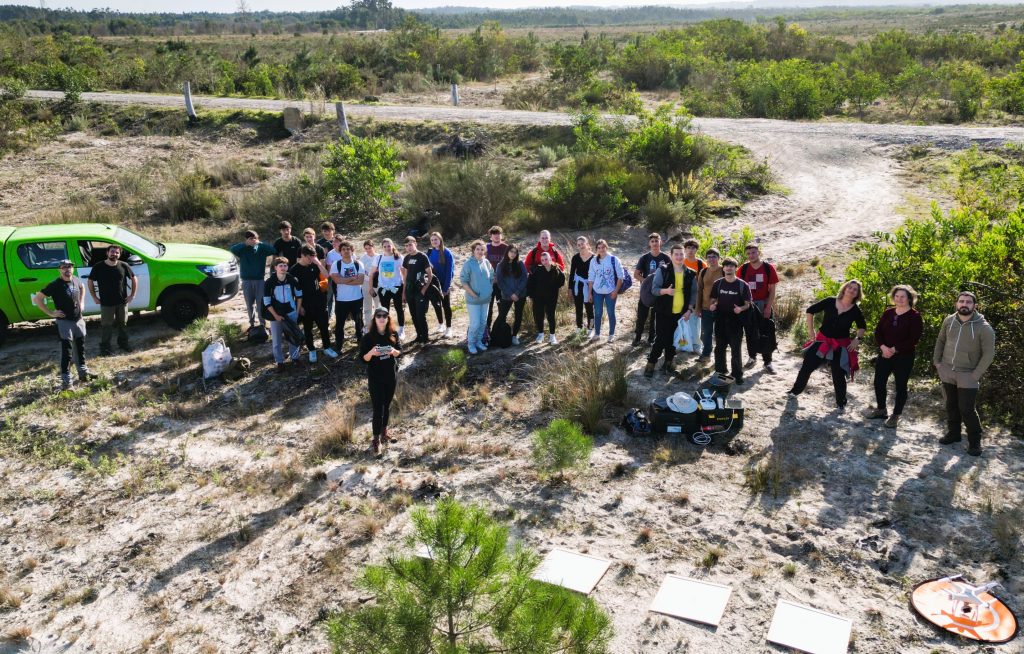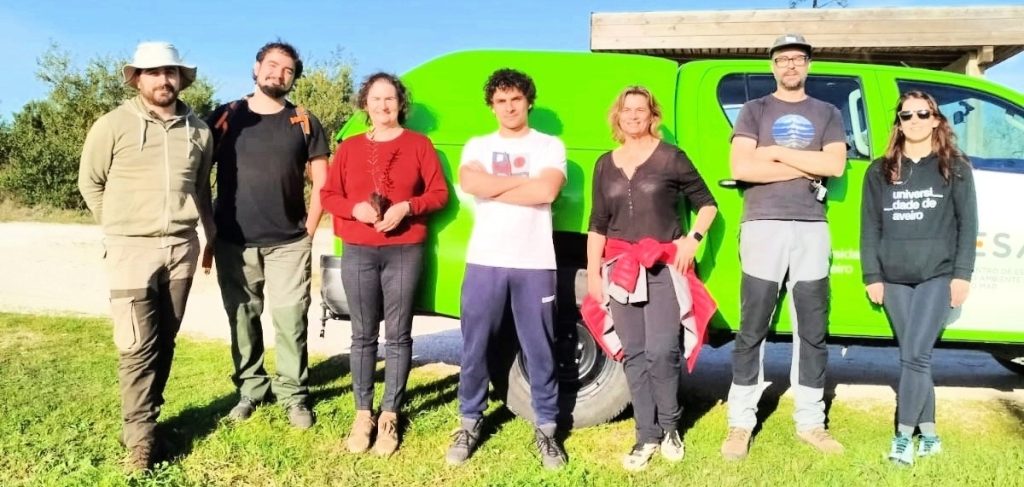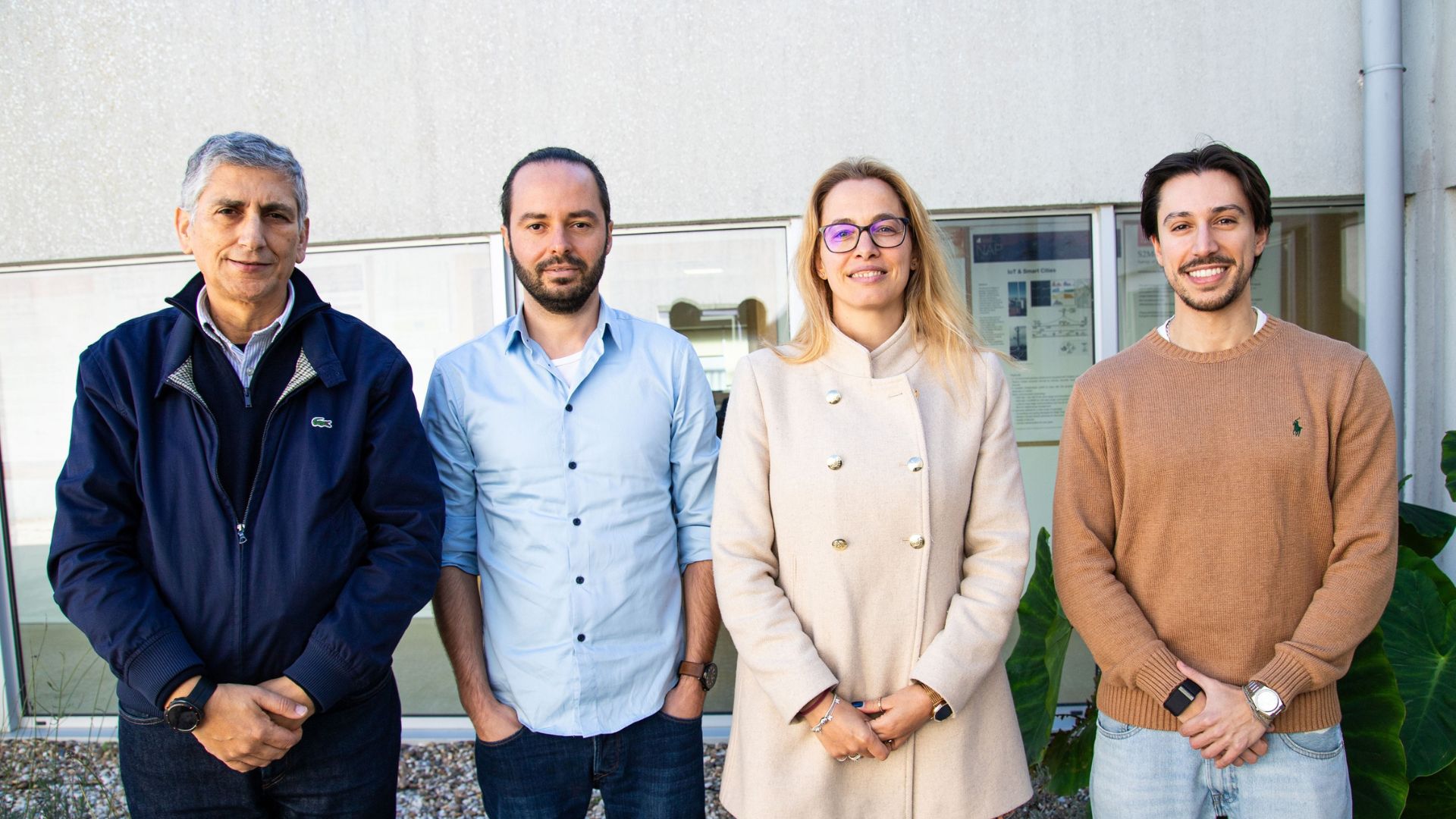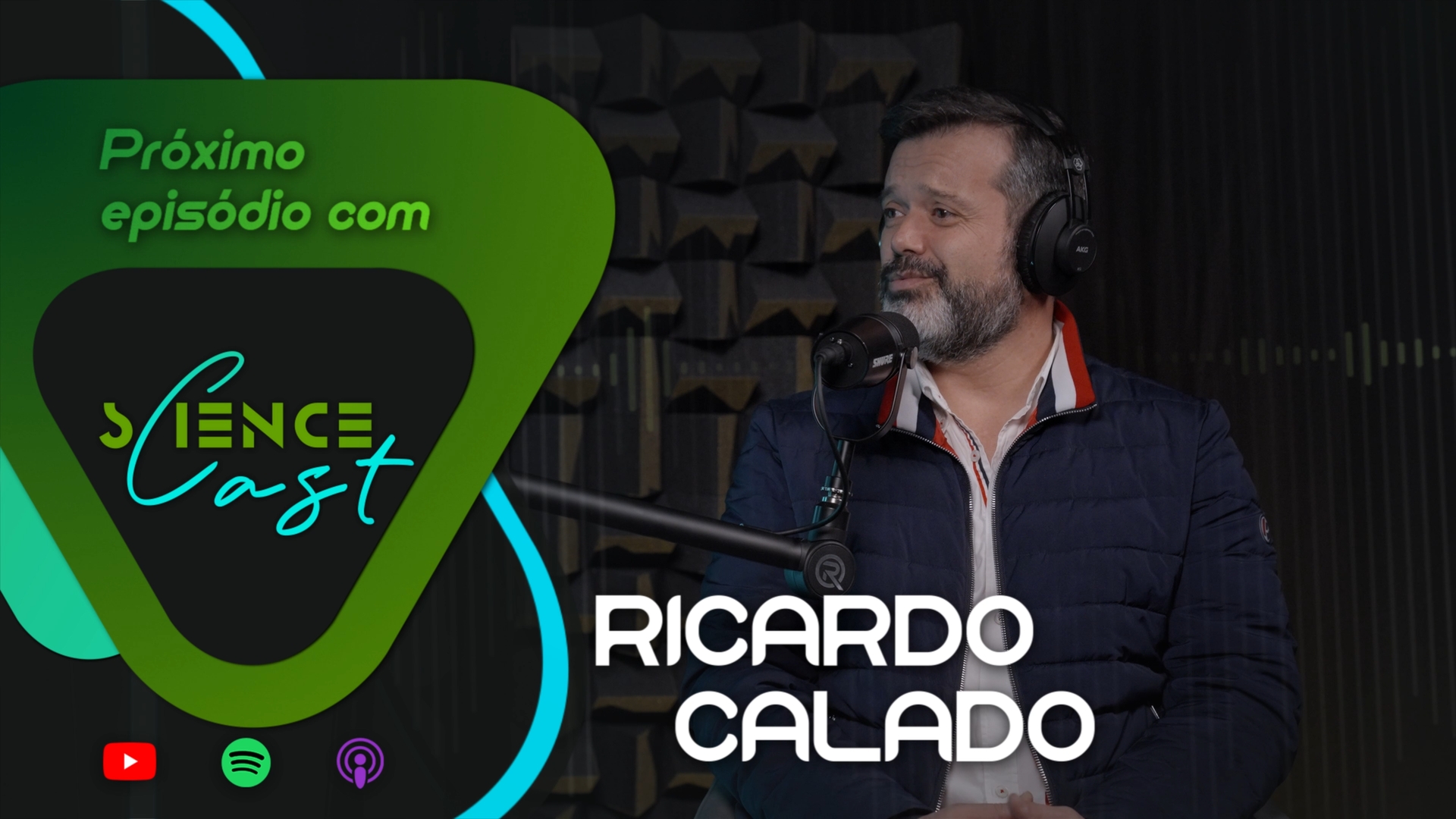The wetlands of Doñana could be flooded with mesohaline water by the end of the century due to rising sea levels.
A new study predicts that, without the Montaña del Río dam, which currently limits tidal flooding and river flows, the rise in sea level would result in the flooding of these areas during spring tides. These changes could have ecological consequences, including the modification of the aquatic plant community and the spread of invasive species, requiring an adaptation plan. A Portuguese and Spanish scientific team confirmed in a study published in the Journal of Marine Science and Engineering that the wetlands would be completely flooded by the end of the century if the Montaña del Río dike were removed. The study involved researchers from the University of Aveiro, Ana Picado CESAM/DFis and João Miguel Dias CESAM/DFis, and the GIS and Remote Sensing Laboratory of the Doñana Biological Station.
“We know that sea level rise will have global consequences, but it is essential to develop local models to support decision-making in climate change adaptation,” says Ricardo Díaz-Delgado, coordinator of Environmental Monitoring at ICTS Doñana.
The study is based on IPCC projections, which indicate a sea level rise of up to 0.84 metres at the mouth of the Guadalquivir River. To assess the impacts, scientists developed a hydrodynamic model, simulating different scenarios. The Montaña del Río dam, built in 1984, was designed to limit flooding and prevent water from the Guadalquivir from entering. After the Aznalcóllar disaster in 1998, the structure was expanded to prevent toxic spills from reaching the wetlands. Currently, it regulates water inflow and outflow through a sluice system.
The Doñana 2005 Restoration Plan proposed removing the dike to restore natural flows and promote biodiversity. However, its removal could lead to significant ecological changes, such as alterations in aquatic vegetation and the proliferation of invasive species.
The study results indicate that:
• Without the dam: The rise in sea level would flood the wetlands with mesohaline water during spring tides.
• With the dam: Even with a 0.84-metre rise in sea level, the impacts would be significantly lower, remaining close to current conditions.
“The projections show that the dam retains water inflow and that its removal would increase the risk of total flooding during spring tides,” explains Inês Couto, former master’s student in Marine and Atmospheric Sciences at the University of Aveiro.
Díaz-Delgado reinforces the importance of hydrodynamic models for developing adaptation and mitigation strategies for climate change in Doñana’s natural wetlands.
Original publication in: LINK
Photo: Rubén Rodríguez Olivares / EBD-CSIC
